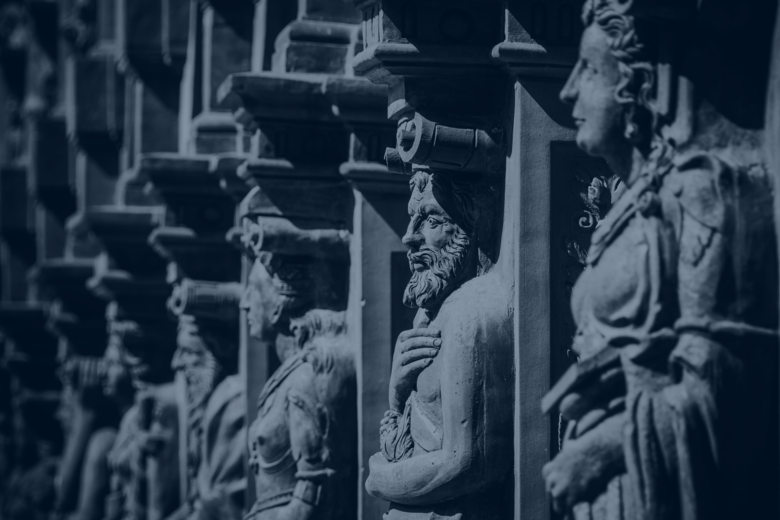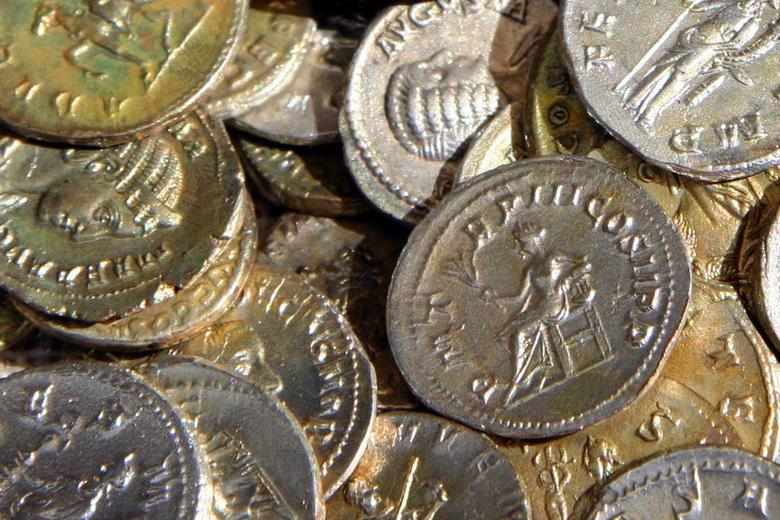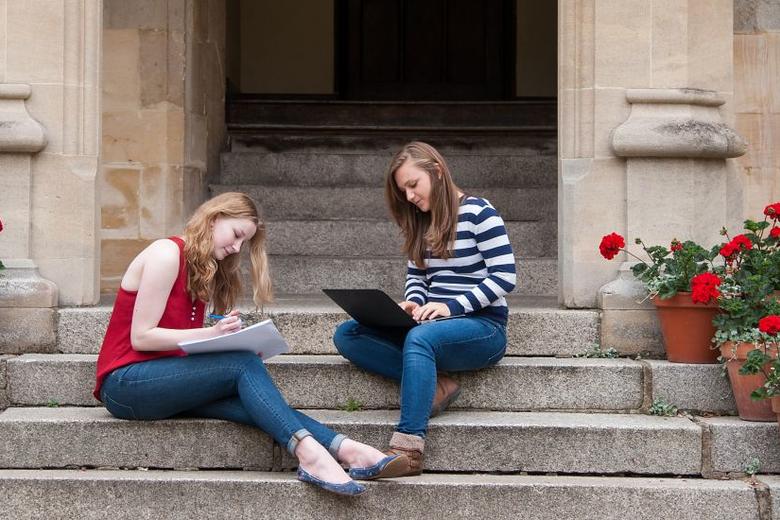BA (HONS) in History & Economics
INTRODUCTION
The History and Economics course integrates these two subjects into a coherent and intellectually stimulating programme, the combination of which allows insights that neither subject can realise alone. However, it is possible to specialise primarily in either History or Economics while still preserving the benefits of an integrated approach. The combination of economics, economic history and history (political as well as social) equips you to view real-world issues from a variety of contrasting perspectives. You will learn both the historian’s careful approaches to evidence and argumentation, and the economist’s analytical and quantitative methods. This provides an excellent foundation for a range of professional, financial and academic careers.
COURSE STRUCTURE
For First Year mandatory course structure and information on examinations.
Finals courses in History and Economics consist of seven courses plus a compulsory undergraduate thesis. All students take the compulsory course History of the World Economy. In addition to this you must take at least three other Economics courses of which at least one must be either Microeconomics or Quantitative Economics. In History you choose a History outline course. There is a very large range of additional optional courses in History and/or Economics. Full details below.
COURSES
Four courses are taken:
- Introductory economics
- European and World history: four options available
- Quantification in History (available options: Approaches to history; Historiography: Tacitus to Weber; Foreign texts)
- Optional subject (involving the use of primary sources): 21 options available
Core courses in Economics and Economic History
Second Year Economics papers:
- History of the World Economy
At least one of:
- Microeconomics
- Quantitative Economics
In addition to the two courses above, students offer between two and four further courses in Economics. These may be any of the courses listed in Year Two and Year Three in the table below.
History Core papers:
- A period of British history or European/World history
- Compulsory Thesis
Optional papers:
- Select from a wide range of papers offered by the History Faculty and the Department of Economics.
THE COURSE OUTLINE SPECIFIC TO ECONOMICS IS AS FOLLOWS:
- Microeconomics
- Macroeconomics
- Probability and Statistics
- History of the World Economy
At least one of:
- Microeconomics
- Macroeconomics
- Quantitative Economics
Optional Second Year Paper:
- Macroeconomics
Typical options:
- Microeconomic Analysis
- Money & Banking
- Public Economics
- Economics of Industry
- Labour Economics and Inequality
- International Economics
- Economics of Developing Countries
- Econometrics
- Finance
- Game Theory
- International Economics
- Environmental Economics and Climate Change
- Thesis
READING SUGGESTIONS
The best way to prepare for the History component of the degree is to read the history books which interest you, either related to your school work or ranging beyond it – and be prepared to discuss your views of those books and their arguments. To find such material, you might want to follow up on references made in your school or college text books, or your History teacher may also be able to recommend particular works for you to read on topics that you find most interesting.
One good way of broadening your historical horizons is to read one of the popular History magazines: History Today or BBC History, which has weekly podcasts. You may like to look at the books which are being reviewed in the press. You may also like to explore the websites of public institutions which have excellent links to historical materials, such as the British Museum or BBC Radio 4 archives. Lastly, delving into some historical sources can be a great way to develop your ideas and understanding. You could try exploring literature, art, music or even films produced by different societies, and consider what these can tell us about the people of that time.
Find some useful introductory resources to get started in Economics







